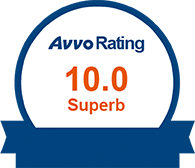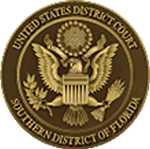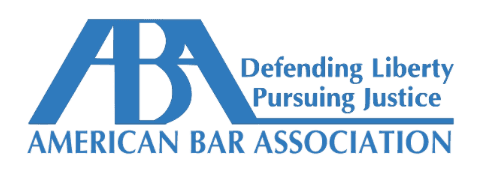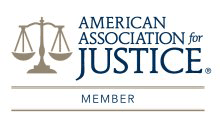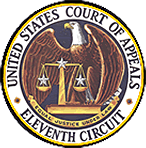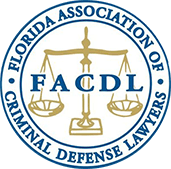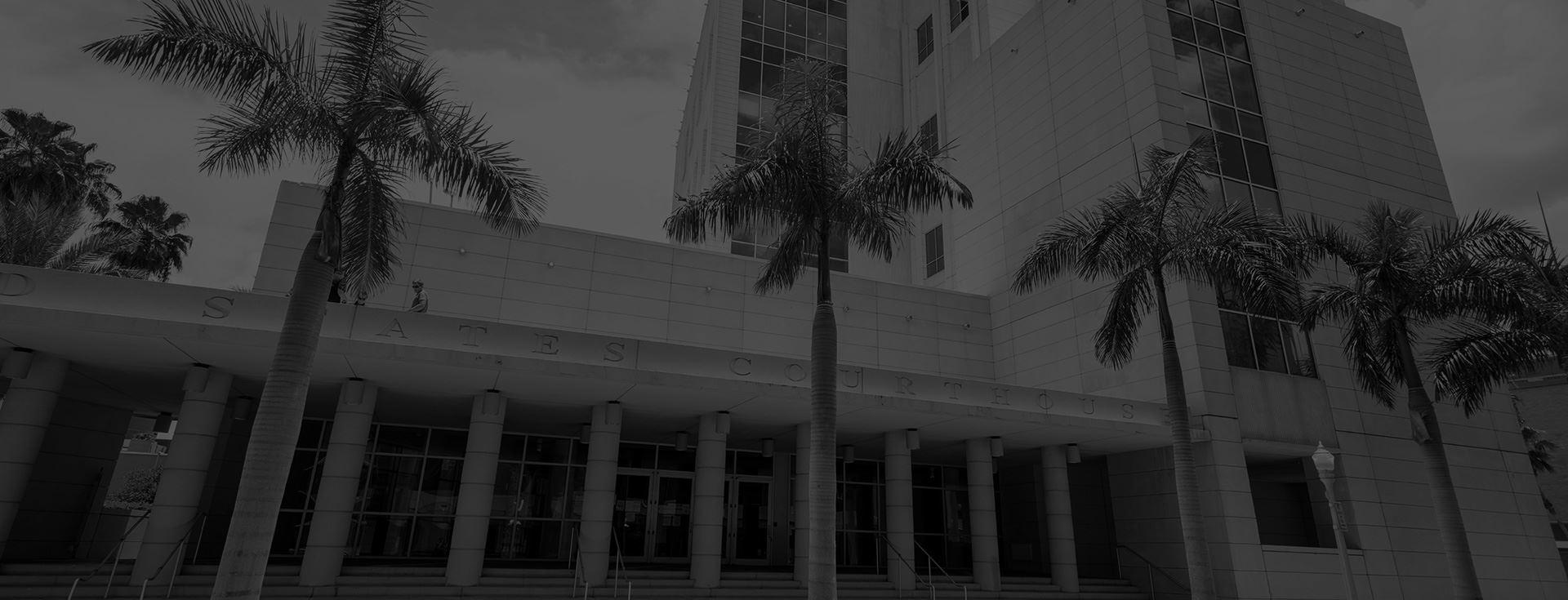
Your Case Deserves Immediate Attention - Call Hubbs Law Today
Firearm Possession by a Convicted Felon
Call the Miami Weapon Crime Defense Attorneys at Hubbs Law Firm
When a person is convicted of a felony in Florida, he or she loses several rights. Convicted felons cannot vote, serve on a jury, or hold public office until their civil rights have been restored. Another civil right that convicted felons lose is the right to possess a firearm. When an individual with a felony conviction is accused of being in possession of a firearm, it is a felony offense that is punishable by a lengthy prison sentence and steep fines.
If you have been previously convicted of a felony offense and were recently arrested in South Florida for allegedly possessing a firearm or deadly weapon, it will be in your best interest to retain legal counsel as soon as possible. Hubbs Law Firm aggressively defends clients accused of various weapons and firearm crimes in numerous communities in Miami-Dade County, including Homestead, Miami Gardens, Hialeah, Cutler Bay, Aventura, and many others. Miami criminal defense attorney E.J. Hubbs is Board Certified in Criminal Trial Law by the Florida Bar.
Call (305) 570-4802 right now to take advantage of a free, confidential consultation that will let our lawyers review your case and answer all of your legal questions.
Firearm Possession by a Convicted Felon Charges in Florida
Under Florida Statute § 790.23, it is unlawful for any person to own or have in his or her care, custody, possession, or control any firearm, ammunition, or electric weapon or device, or to carry a concealed weapon, including a tear gas gun or chemical weapon or device if he or she has been:
- Convicted of a felony in the courts of Florida
- Convicted of or found to have committed a crime against the United States that is designated as a felony
- Found guilty of an offense that is a felony in another state, territory, or country and which was punishable by imprisonment for a term exceeding one year
- Found in courts of Florida to have committed a delinquent act that would be a felony if committed by an adult and such person is under 24 years of age
- Found to have committed a delinquent act in another state, territory, or country that would be a felony if committed by an adult and which was punishable by imprisonment for a term exceeding one year and such person is under 24 years of age
An important aspect of a firearm or weapon possession by a felon case is the type of alleged possession an individual is accused of. The specific form of possession not only impacts the alleged offender’s defenses, but it can also factor in sentencing if convicted.
The three types of possession in these cases include:
- Actual Possession — The firearm or weapon was either in the hands of the alleged offender, in a container in the hands of the alleged offender, or so close as to be within ready reach and under the control of the alleged offender. Convictions involving actual possession carry three-year mandatory minimum prison sentences.
- Constructive Possession — The weapon or firearm was in a place over which the alleged offender had dominion and control over the firearm or weapon, knowledge the weapon or firearm was within his or her presence, and knowledge of the illegal nature of the firearm or weapon.
- Joint Possession — The firearm or weapon was under the control of two or more people, each of whom are considered to be in possession. Convictions for joint possession do not carry mandatory minimum prison sentences.
Penalties for Convicted Felon Firearm Possession
In general, violations of Florida Statute § 790.23 are second-degree felony offenses punishable by up to 15 years in prison and/or a fine of up to $10,000. Offenses are subject to numerous enhancements. However, that can lead to aggravated charges. Under Florida Statute § 874.04, if a convicted felon possesses a firearm for the purpose of benefiting, promoting, or furthering the interests of a criminal gang, it is a first-degree felony offense punishable by to up to 30 years in prison and/or $10,000 in fines.
Certain repeat offenders can also face enhanced sentences if they are classified as a:
- Prison Releasee Reoffender — Under Florida Statute § 775.082, these alleged offenders face the same penalties listed above but also become ineligible for early release
- Habitual Felony Offender — Under Florida Statute § 775.084(a), second-degree felony offenses are punishable by to up to 30 years in prison, and first-degree felony offenses are punishable by up to life in prison
- Habitual Violent Felony Offender — Under Florida Statute § 775.084(b), second-degree felony offenses are punishable by to up to 30 years in prison with no eligibility for early release for 10 years, and first-degree felony offenses are punishable by up to life in prison with no eligibility for early release for 15 years
- Three-Time Violent Felony Offender — Under Florida Statute § 775.084(c), second-degree felony offenses are punishable by a mandatory minimum prison sentence of 15 years, and first-degree felony offenses are punishable a mandatory minimum prison sentence of 30 years
- Violent Career Criminal — Under Florida Statute § 775.084(d), second-degree felony offenses are punishable by a mandatory minimum sentence of 30 years up to 40 years in prison, and first-degree felony offenses are punishable by up to life in prison
Consult with Hubbs Law Firm
Were you arrested for illegal possession of a weapon or firearm in South Florida because you had been previously convicted of a felony offense? Do not say anything to authorities until you have contacted Hubbs Law Firm. Attorney E.J. Hubbs is a criminal defense lawyer in Miami who represents clients in Doral, Miami, Coral Gables, Palmetto Bay, Miami Beach, and many other towns, villages and unincorporated areas in Miami-Dade County. He can provide an honest and thorough evaluation of your case.
Call (305) 570-4802 or complete our online contact form today.
Additional Resources
- Restoration of Civil Rights (RCR) | Clemency | Florida Commission on Offender Review — Visit this website to learn more about the RCR process in Florida. You can search for rights already restored and search for rights already restored, print certificates, and download an application and instructions for Restoration of Civil Rights or Firearm Authority. You can also read the "Rules of Executive Clemency" to find more information on the eligibility criteria for each form of clemency.
- Little v State of Florida, Case No. 2D11-5098 (FL Dist. 2 Ct. App., Apr. 10, 2013) — On April 10, 2013, the Florida Second District Court of Appeal granted Aaron A. Little’s petition for writ of prohibition after he was charged with second-degree murder with a firearm. Little argued that he was entitled to immunity from criminal prosecution under Florida Statute § 776.032(1), more commonly known as the "Stand Your Ground" law. The State argued that Little was not acting in self-defense and was also not entitled to immunity under the Stand Your Ground law because he was engaged in an unlawful activity as a felon in possession of a firearm. The circuit court originally sided with the state and denied Little’s motion to dismiss, but the Court of Appeal ruled that Little’s “use of deadly force was justified under the circumstances,” noting that “the legislature has elsewhere provided for the use of deadly force without these limitations; it has specified that the other statute is a separate and independent basis therefor, and it has directed us to construe these statutes strictly and to resolve ambiguities in favor the accused.”

Attorneys E.J. & Erika Hubbs
As professional Miami criminal defense attorneys, we take every case personally give every client the deliberate care it deserves. Our clients become part of our family and we fight relentlessly for their rights. Read more about us to find out how we can help you.

-
She was very accommodating with our work schedules and we felt comfortable with her knowledge and experience with immigration cases
Dolsin Rivas -
E.J is not only an attorney he's the people attorney
Dre Dre -
He is very knowledgeable, and he will fight to clear your name.
J Multidor


